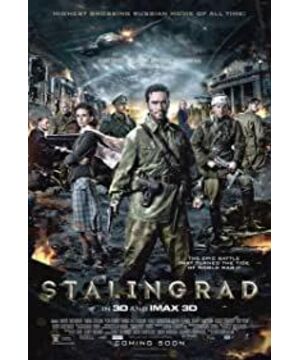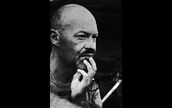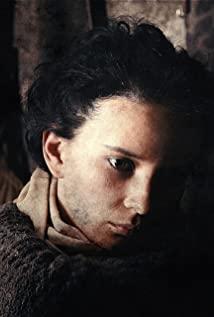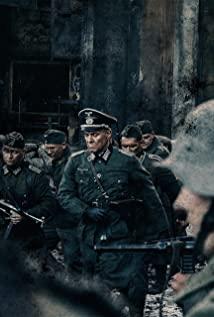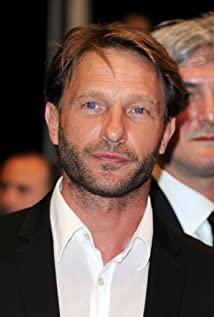In the past war films, most of them seized the commanding heights of the viewers' eyes and hearts with extremely tragic and bloody shocking shots. Those soldiers who blocked guns with their bodies and died heroically were the most powerful tear gas. At the end of the film, everyone's eyes are red, their hearts are cleansed with national justice, and they are full of life and death pride. But the film is not. It's clearly not about tearjerking. The truth is, towards the end of the film, I only shed two lines of tears. But the shocking effect of the film is no less than the blockbuster described by the former. The way it enters is not loudly singing, but subtly, sneaking and whispering, making people feel stuffy in their chests, breathless, and a bowl of cold water, making you sad.
Martha is a controversial presence. She and Kahn, an enemy officer, had a seemingly inappropriate, but reasonable emotional entanglement. From the initial hostile eyes, hiding in the corner with a short dagger in hand, to hiding behind Kahn, holding his arm tightly as shelter, until finally sticking out his head from the hiding place, asking over and over again, do you know Come back, you will come back, but was killed by one blow, she used the flower of life to depict the appearance of mutual love and love, and accused the evil war of turning people into demons and machines. Kahn fell in love with her at first because she resembled his dead wife, and she fell in love with him because she saw his unfailing love and humanity. Kahn is a tool of the evil Nazis, himself a stake, a victim, a pathetic existence. From the very beginning, Kahn showed his disgust for the war and his desire to flee. Later, when he met Martha, his hatred for this inhumane war became even greater. He whispered so many times that it was coming to an end. He resisted the orders of the superior officers. Even the bombardment of the three-story building where the Soviet soldiers were hiding was because of Martha's death. Finally, he finally entered the house. After hearing Su When the army asked the superiors to bombard the house where they were, his eyes began to change from the initial hatred and violence to the tears of calm. Did he feel that it was finally over, that he finally got what he wanted, that he could finally see his beloved wife and Martha again, and that he could finally go home? When the last moment came, the two sides of the exhausted enemy army quietly stared at each other. For the first time, they finally saw the appearance of the opponent they were gnashing their teeth to kill, and they could finally rest. Even, pull each other homely. The war made them wear symbols that they were unwilling to carry. They fought and sacrificed for it. When facing death, they could finally strip it off. In front of the god of death, they were just human beings, the same kind in a big race. They should have loved each other and shared the same free and serene sky. War turns people into demons, and death turns demons back into people.
Kaja and Martha are the rare bright colors in this dark undertone. It shows us that there is also a good light in war. In such a cruel and cramped living environment, love still grows tenaciously, and there are also small emotions and small tastes. Kaja and the five warriors lived together forever, pouring water, joking, learning to shoot, celebrating birthdays, kissing, and crying. She only kissed one of them and said I love you to only one, but she loved each of them. In such an environment, these five people represented her motherland, her relatives, her lover, and she couldn't help but love. If it were me, I would love each of them so deeply. In the end, the little soldier, who selfishly and selflessly hid Kaja, was able to make her survive and have the scene at the beginning of the film. The blue sky and the cannon fire that night will become the most unforgettable memory of Kaja's life. Before dying, the soldier said to his comrades, Kaja said she loved you. In fact, I have a hard time guessing the purpose of what he said. Perhaps at that moment, Kaja represented the country they loved and sacrificed for. The end credits say, thanks to them, we don't even know what war is like. Indeed, we should live each day with a grateful heart and prostrate ourselves. Because I don't know when, all this will be lost.
View more about Stalingrad reviews


